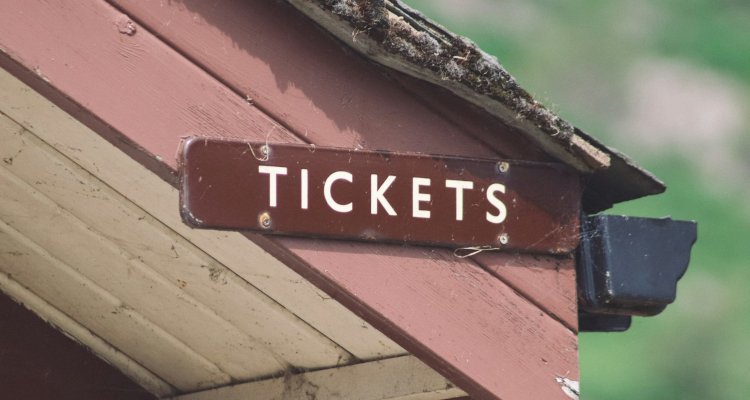Is All-In Pricing Better for Business? Live Nation Disclosure Raises Questions As the TICKET Act Rides Momentum

Will all-in pricing be good for business? The question is taking center stage following the House’s TICKET Act passage and new comments from Live Nation. Photo Credit: Benjamin Sharpe
Is all-in ticket pricing better for business? As the TICKET Act rides a wave of congressional momentum, Ticketmaster parent Live Nation is emphasizing its support for the model – and prompting related discussion.
Live Nation’s latest endorsement of all-in pricing (which compels the display of tickets’ entire cost, inclusive of any fees, at the outset) just recently entered the media spotlight. Notwithstanding the timing – the House on Wednesday passed the mentioned TICKET Act – the promoter has for some time been an all-in-pricing advocate.
That includes the commitment the company made at a White House event in June of 2023. October of the same year brought a renewed congressional grilling for Live Nation, with lawmakers claiming that the company hadn’t fully embraced all-in pricing. CEO Michael Rapino closed the month by reiterating “the importance of all-in pricing legislation.”
Now, with that legislation taking shape following this steadfast support from the quick-growing promoter, will all-in pricing actually improve sales?
Of course, absent an across-the-board rollout of all-in tickets involving each company in the space, we don’t yet have a comprehensive answer to the question. But as described by Live Nation, early results from the pricing model’s integration have proven positive.
(As an important aside, Ticketmaster enables all-in pricing by default in a select few states, where ticketing laws are becoming increasingly common. In other states, there’s a toggleable option to “show prices including fees.”)
Per TheTicketingBusiness, Live Nation has specifically disclosed an 8% bump in “completed sales” since debuting all-in pricing last year. Not stopping there, Rapino once again noted his support for the “commonsense policy,” with Live Nation itself calling on consumers to contact the appropriate state-level authorities to report pricing infractions attributable to “other ticketing platforms.”
Despite this purported improvement in completed sales, logic and evidence suggest that “hidden” ticketing fees, which are common in a number of non-music industries as well, might actually contribute to a larger revenue pot.
Particularly amid what execs maintain is shaping up to be another record year for Live Nation, the business is comparatively well-positioned to absorb any such revenue decline. Competitors, however, will have a harder time grappling with the possible hit.
This isn’t to say that Live Nation is entirely without operational obstacles – the most significant being the Justice Department antitrust lawsuit that it’s reportedly staring down. Although speculation has long surrounded the probe, Billboard reported today that we still lack a “clear timeline” for the investigation’s official close or the suit’s filing.


